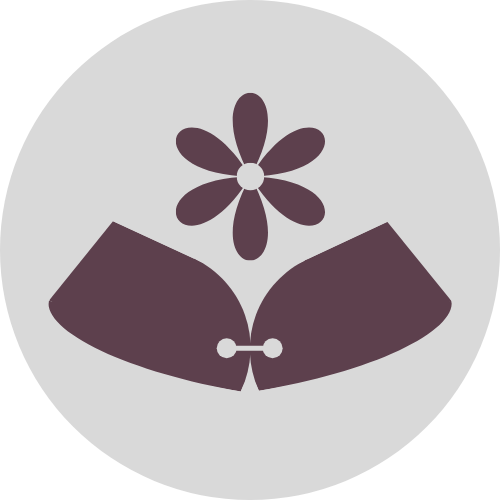
The first article you must read to understand essential oils
Enter the world of essential oils
The variety of essential oils on the market is dazzling. What exactly are essential oils? How should they be used? This article will take you through the basics to understand natural and practical essential oils.
What are essential oils?
How are essential oils extracted?
There are two most common extraction methods:
- Cold pressing: The essential oil is extracted directly by pressing. Essential oils from citrus peels are often extracted using cold pressing method.
- Distillation: Using a distillation still, steam passes through plant material (such as leaves, flowers, and wood) and carries out essential oils.

How to use essential oils?
Essential oils extracted from different plants can vary greatly in composition, aroma, and uses.
Essential oils must be diluted before applying them to the skin. This article describes how to make massage oil.
Other uses include: diffusing essential oils, homemade oil balm or salves, homemade skincare and cleaning products, or repelling mosquitoes and other insects.

Are essential oils safe?
Essential oils extracted from different plants have vastly different compositions and varying degrees of safety. For example, true lavender essential oil is considered a relatively mild and safe oil. Some essential oils are highly irritating and must be diluted to a very low concentration before use. Others are photosensitive and can cause skin damage.
Therefore, before using any unfamiliar essential oil, its safety should be researched and confirmed. Pregnant women and children, in particular, should not use any essential oil until its safety is confirmed.
How to choose essential oils?
Essential oils often suffer from adulteration or contamination, so careful selection before purchase is essential for safe use. Generally, I use the following guidelines to select essential oil products:
- Organic certification: Common organic certifications include Ecocert and USDA.
- Locally Produced: Essential oils distilled from reputable local farms or distilleries.

Commonly used essential oils
- Citrus fruits: such as lemon , sweet orange, etc., with their fresh citrus scent, are often used as a space diffuser during leisure time or in the production of cleaning products.
- True lavender : It has a soothing and relaxing scent and properties, and has a wide range of uses. It is often used to make skin care products or as a space diffuser for relaxation.
- Peppermint : A refreshing and invigorating scent, it also has soothing properties for itching, pain, and bloating. It's perfect for making ointments or as a daytime room fragrance.
© All content on this website is written by Days of Herbs and all copyrights are reserved. The articles are for educational purposes and do not constitute claims of product efficacy.
